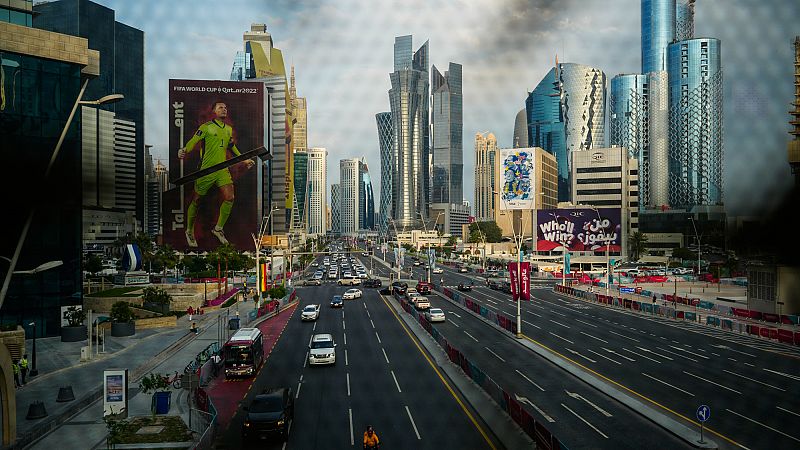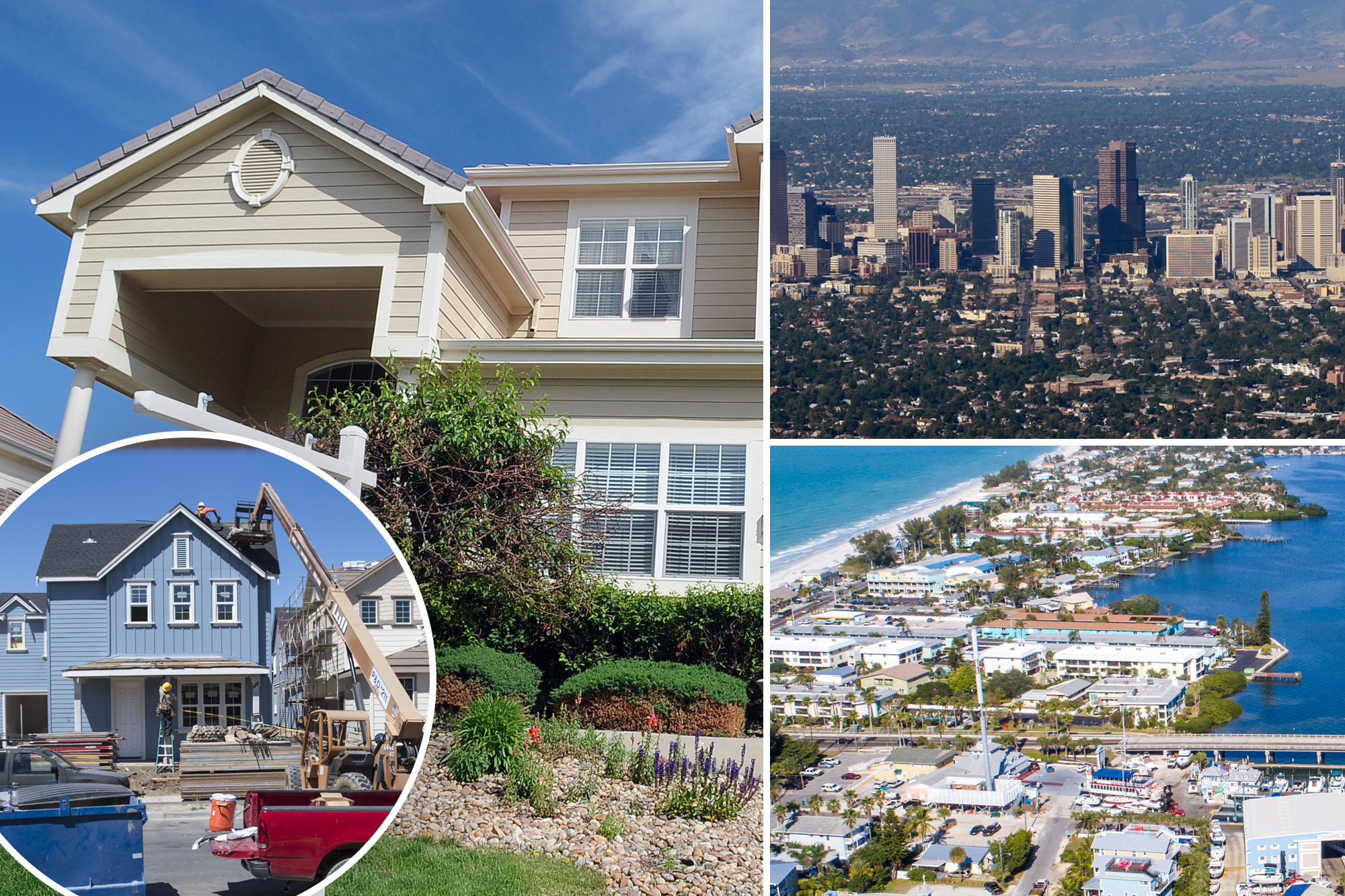I
n the last decade, Qatar has risen to prominence in the global real estate arena. Despite its modest size, the nation is extending its reach through strategic investments and development ventures that elevate its international standing.
Qatar’s influence is felt worldwide as private investors, sovereign wealth funds, and state‑backed enterprises pour billions into projects ranging from luxury residences to office towers and hotels. These purchases serve not only financial goals but also bolster Qatar’s reputation and geopolitical clout.
Cityscape’s group director, Alex Heuff, noted that Qatar is “actively marketing itself on the world stage.” He highlighted the sovereign wealth fund’s holdings in central London, where vast parcels in the city centre are owned by Qatari entities, drawing global attention to the country.
In London alone, Qatari royal family and sovereign wealth assets are estimated at over £1 billion (€1.15 bn), including high‑profile properties in Mayfair and Knightsbridge. Beyond the UK, Qatar’s portfolio spans the United States, France, and numerous Middle Eastern and Asian markets, totaling several billions of dollars. These assets are strategically placed in major financial hubs and luxury markets, reinforcing Qatar’s ambition to cement a global presence.
A cornerstone of Qatar’s overseas real estate strategy is Qatari Diar, the government‑owned developer that has invested more than $35 bn (€30.11 bn) across 21 countries. The firm undertakes diverse projects, from upscale homes in London to mixed‑use developments in Paris, aiming to shape city landscapes and enhance Qatar’s image. Chief sales and marketing officer Abdulla Yaqoub Al‑Sayed emphasized that while projects are commercially driven, they also represent the state’s brand. The recent launch of the Chancery Rosewood Hotel in Mayfair exemplifies Diar’s expansion into luxury hospitality.
Parallel to real estate, Qatar’s tourism sector is propelled by Katara Hospitality, a 50‑year‑old operator with 42 hotels on four continents and a target of 60 by 2030. The company owns properties in Egypt, Morocco, the UK, France, Italy, Spain, Switzerland, Singapore, Thailand, and the US, partnering with major hotel managers and operating its own brands such as Bürgenstock Selection and Murwab Hotel Group. Katara’s growth aligns with Qatar’s long‑term economic objectives.
Qatar’s economic engine remains its vast natural gas reserves, positioning it as a leading LNG exporter. In 2023, the IMF reported a GDP of roughly $180 bn (€155 bn), with LNG exports driving major revenue. The economy has shown modest growth, with 2024 and 2025 forecasts around 2 %. Leveraging its resource wealth, Qatar invests in infrastructure, real estate, and global projects while emphasizing soft power and diplomacy amid regional tensions. As the world shifts away from fossil fuels, Qatar is diversifying its portfolio to secure sustainable growth.
Looking forward, Qatar’s real estate and hospitality investments serve as catalysts for economic expansion and cultural exchange. Projects by Qatari Diar and Katara Hospitality illustrate the nation’s intent to become a formidable player in global real estate, tourism, and urban development, reshaping perceptions of Qatar from a small Gulf state to a rising global influence.














